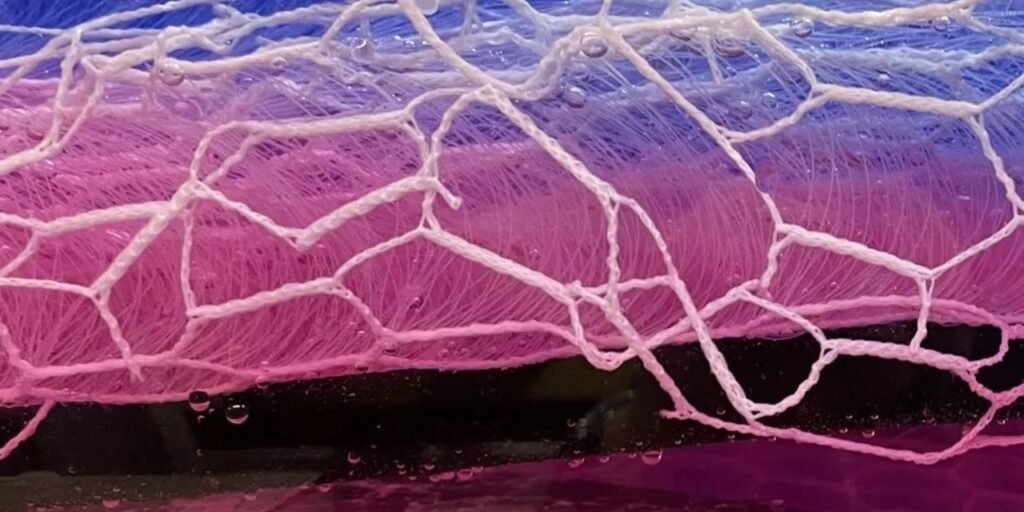
ARIS, a project partner, and the German Institutes of Textile and Fibre Research Denkendorf (DITF) have created a biological system based on textiles. Germany is experiencing an increase in water demand and insufficient water utilization.
Particularly greywater—that is, wastewater from sinks, baths, and showers—offers a lot of possibilities for additional applications. It can be used for on-site water quality testing and then recycled for gardening or toilet flushing.
Graywater makes up between 50 and 80 percent of all home wastewater. According to a press statement from DITF, up until now, massive tanks and containers have been required to reprocess it and put it back into the cycle, requiring a lot of room in the facility.
Its foundation is a 3D spacer fabric composed of extremely resilient polypropylene. One of its advantages is that it saves a lot of room because it can be installed flat. Owing to its unique system design, it can be installed in areas that would not normally be used, such as the garden, a flat roof, or the floor of an underground garage in a new construction. It can be modularly modified to fit the specific structures’ structural specifications and water needs.
The system that the project partners created is very economical because it doesn’t need much upkeep. It has an extended lifespan in contrast to earlier solutions. As such, it helps ensure that water is used sustainably and plays a significant role in the circular economy.
In 2024, ARIS intends to introduce their novel greywater treatment system based on textiles to the market.
The project will be showcased at the Federal Ministry for Economic Affairs and Climate Protection’s SME Innovation Day in Berlin on June 13, 2024.
